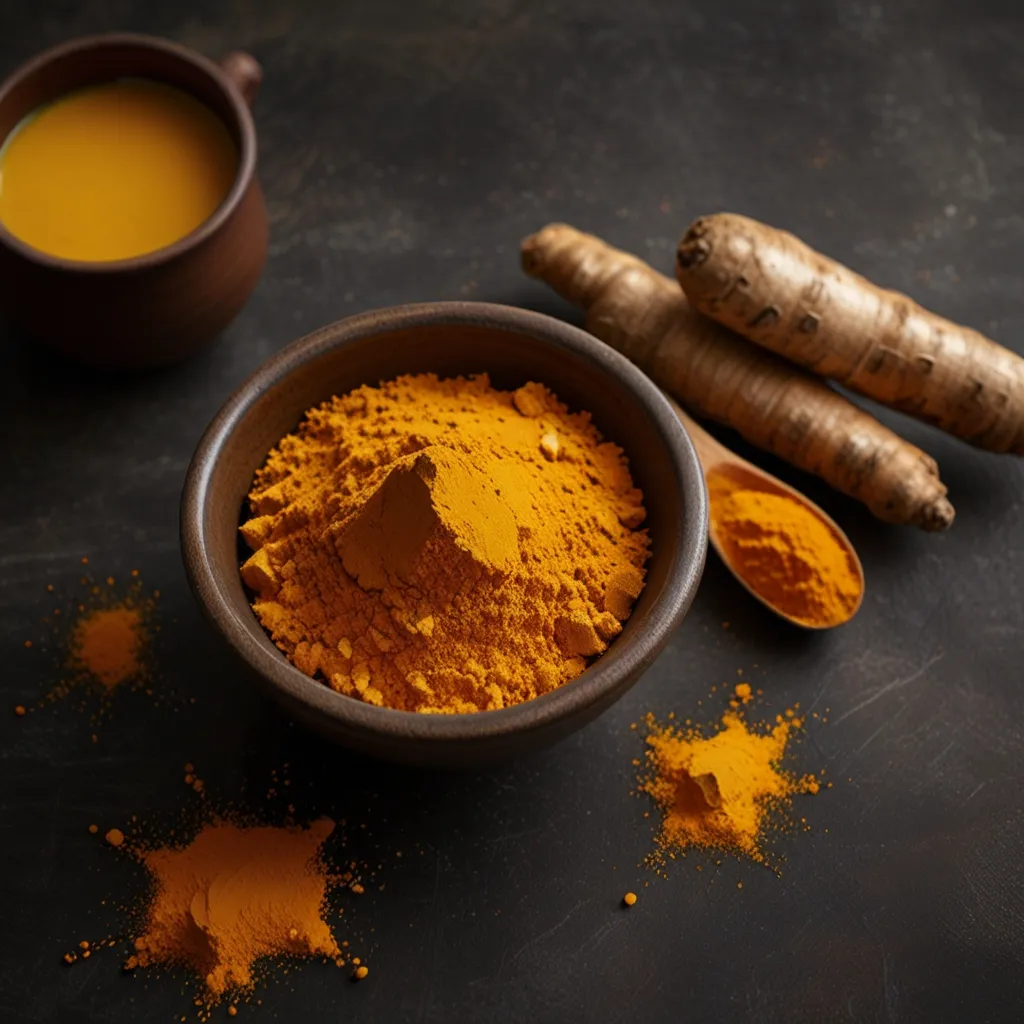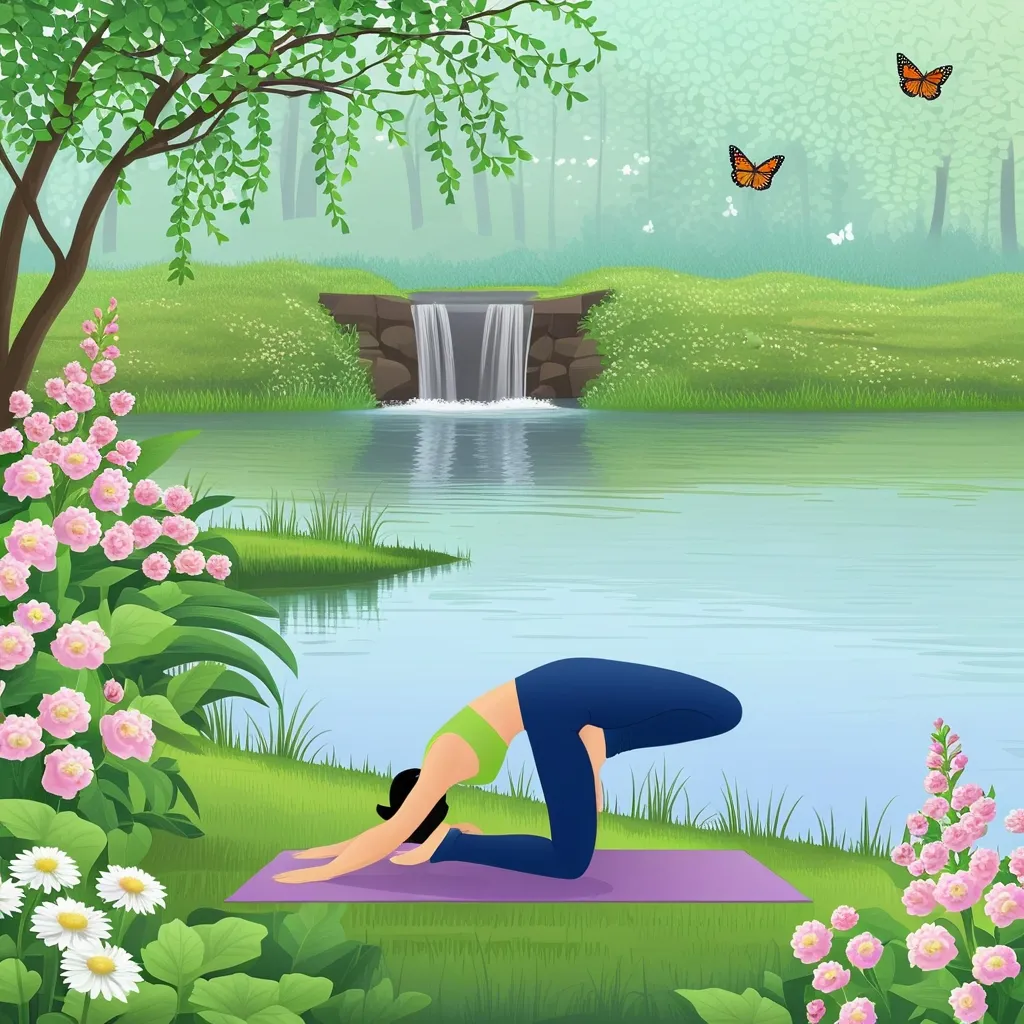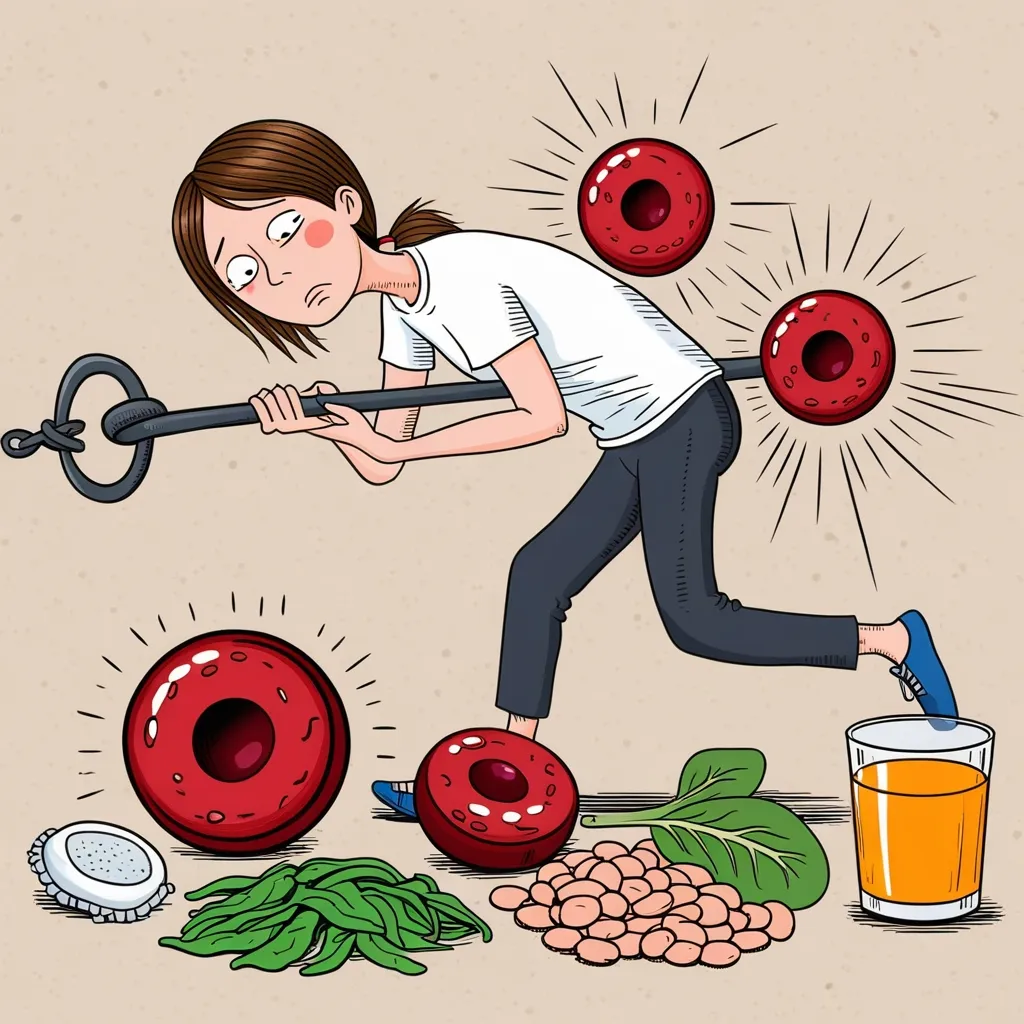If you want to build resilience like the Vikings, it helps to start where they did: right at the threshold of discomfort. Picture an icy fjord at sunrise, a Viking stepping out, splashing his face and body with frigid water. That shudder you imagine? It was a daily ritual—a gesture of defiance against the cold that doubled as a pep talk to one’s own nervous system. Try this for yourself, just with a cold shower. That morning jolt isn’t just about physical awakening; it’s a mental drill in perseverance. I’ve found that facing controlled discomfort first thing primes you for the harder challenges you’ll meet throughout the day.
“Difficulties strengthen the mind, as labor does the body.” — Seneca
But Viking life wasn’t just a test of brute force or stoicism. The farmsteads where they lived were hubs of constant activity, structured more around survival than glory. Vikings didn’t separate exercise from daily life; they lived it. Every morning meant labor—hauling water, splitting wood, leading animals, repairing thatched roofs. Today, it’s easy to sit for hours and let machines do the heavy lifting. I challenge you to inject effort back into your routine. When was the last time you carried something heavy just for the mental test? Walk instead of drive, use your body with purpose, even if it’s only a hike up a hill or a few rounds of bodyweight squats in your living room. There’s something refreshing about working up a sweat, not because you have to, but because you choose it. Each rep becomes a small act of rebellion against comfort.
“Strength does not come from physical capacity. It comes from an indomitable will.” — Mahatma Gandhi
Scarcity shaped the Viking experience in ways that might surprise us. They didn’t expect abundance. Instead, they practiced gratitude for each meal, each tool, each patch of warm clothing. Sometimes, fasting wasn’t a choice—it was winter. But the effect of going without, even occasionally, shaped a mindset of adaptability. I often recommend picking a day to skip a meal or to intentionally do without something you take for granted. Try shutting off your phone, walking in the rain without an umbrella, or eating a simple meal of bread and water. You’ll notice how you learn to manage discomfort, and how luxuries—when they return—feel sweeter.
“Do not spoil what you have by desiring what you have not; remember that what you now have was once among the things you only hoped for.” — Epicurus
Viking resilience was also grounded in skill. Every member of the household, young or old, was expected to contribute something tangible: mending nets, carving tools, brewing ale, or patching sails. These weren’t hobbies; they were crafts honed by necessity. In our world, technical skills often get replaced with Google searches or service calls. Why not flip that script? Pick up a skill that would have meant survival to a Norse farmer. Learn to make bread from scratch, sew a button, sharpen a knife, patch a wall. The act itself is soothing—a moving meditation—and it gives you a quiet confidence that technology cannot supply.
“How vain it is to sit down to write when you have not stood up to live.” — Henry David Thoreau
At sunset, when the chores were done and the cold crept in, the Vikings gathered around the fire to share stories. Tales weren’t just entertainment—they glued the community, taught values, and let people process the day’s struggles. Today, our evenings are often solo ventures—streaming, scrolling, isolating. I encourage you to reclaim the habit of storytelling or evening reflection. Whether it’s gathering your family to swap stories from the day, or sitting quietly with a notebook to jot down lessons learned, this routine helps you sort out what matters. It’s a practice as old as humanity that fosters both resilience and belonging.
“Those who tell the stories rule the world.” — Hopi Proverb
Here’s a question to ponder: What discomfort are you avoiding that you might, with a Viking’s spirit, face head-on tomorrow?
Resilience isn’t just muscles or grit—it’s a system of daily choices that layer up, protecting us from stress and preparing us for setbacks. The Vikings didn’t set out to become legends. They simply adapted their routines to fit a landscape of uncertainty: harsh winters, scarce food, the constant risk of loss. Their society was ingenious at turning hardship into habit, and habit into strength.
Imagine starting your morning with a quick, cold exposure, letting that moment set your internal resolve. Then, build movement into your day, not as a scheduled workout, but as a natural part of being alive—carrying, lifting, working with your hands. Skip a comfort now and then, watch how your mind and body protest, and learn to sit with that feeling rather than run from it. Use your hands to create or repair something, even if it isn’t perfect. Close out the day with a moment of connection—maybe your own voice bouncing off the walls in the dark as you record thoughts, or laughter shared over a simple meal.
What story will you share tomorrow, and what hardship will you celebrate as the lesson it offers? You might find, as the Vikings did, that each time you step just outside your comfort zone, you expand your capacity for the next trial.
“The impediment to action advances action. What stands in the way becomes the way.” — Marcus Aurelius
Building resilience isn’t about monumental feats or dramatic sacrifice. It’s about weaving a little bit of discomfort, effort, creativity, and connection into each day. These are the habits that allowed the Vikings to thrive on rocky shores and frozen fields. They’re just as fit for the contemporary landscape of stress and uncertainty.
So, if you’re looking for answers to anxiety, exhaustion, or a sense of being stuck, start small but start boldly. Could you take a cold shower tomorrow? Can you walk a little farther, skip a luxury, fix something with your own hands, or share a story instead of scrolling through someone else’s? These daily Viking routines aren’t relics—they’re blueprints. And they’re waiting for you to try them out, not in some distant saga, but in the quiet moments that make up an ordinary day, building you into something a bit tougher, wiser, and more at home in your own skin.






